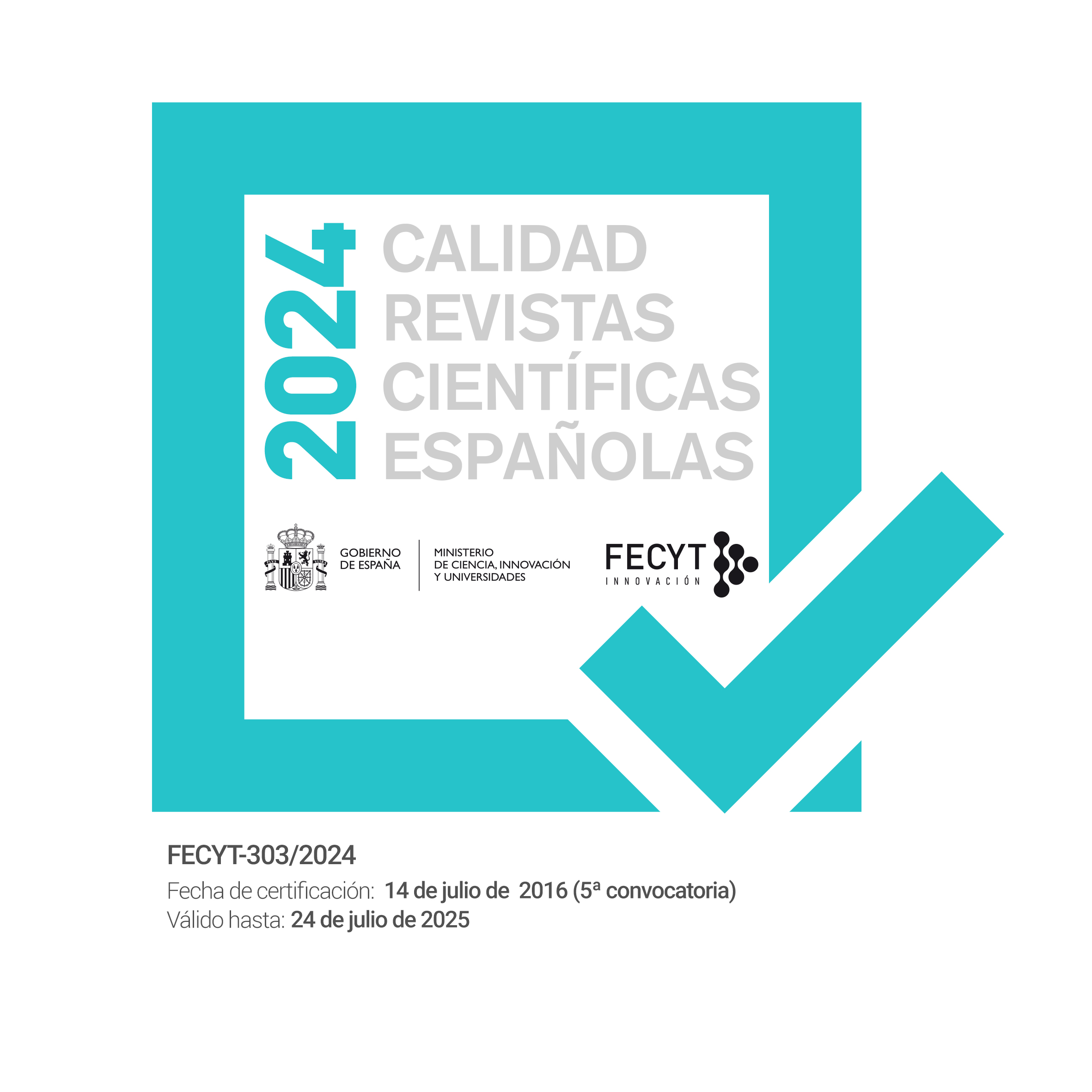LAS DIMENSIONES GLOBALES EN LOS PROCESOS DE FORMACIÓN Y PROFESIONALIZACIÓN DE LA FUNCIÓN DOCENTE. HACIA LOS MODELOS Y PROGRAMAS “REGIONALES” DE PROFESIONALIZACIÓN DE PROFESORES EN EL CONTEXTO INTERNACIONAL.
Coordinador del Monográfico: Leoncio Vega Gil (Universidad de Salamanca)
La formación y profesionalización de los profesores sigue estando en permanente debate tanto en el marco social como en el académico y, cómo no, en el discurso y acción política. Temas como la identidad profesional, los requisitos de acceso a los programas, los modelos institucionales y curriculares de formación, el tránsito al ejercicio profesional (Eurydice,2015), la formación práctica, la formación permanente, la atracción hacia la enseñanza (European Commission, 2013) o el reconocimiento social de la función docente, son objeto de análisis y reconsideración en distintos contextos internacionales. Y también la progresiva incursión del tejido empresarial corporativo no sólo en la educación sino también en la formación de los docentes como Teach for America (Schneider, 2013) y Teach for All (Lefebvre, Pradhan and Thomas, 2023)
El monográfico de la REEC está dedicado a indagar, comprender y explicar cómo los procesos de globalización afectan a las políticas y prácticas de construcción e implementación de los programas de formación y profesionalización de docentes a partir de la regionalización de las culturas académicas y pedagógicas de los sistemas educativos en los que se incrustan. Por tanto, se pretende reconstruir la red de relaciones institucionales, curriculares y metodológicas en los contextos regionales a nivel global. Se trata de comprobar y probar la “superación del nacionalismo metodológico” en la educación comparada e internacional. Los modelos de formación de profesores, tanto teóricos como prácticos, curriculares y administrativos, ya no responden a las geografías nacionales y a los Estado-nación, sino que adquieren dimensiones más amplias que los hacen depender más de las culturas lingüísticas y académicas y las influencias geopolíticas internacionales (Vega Gil, 2011; Fernández Soria, J.M. et al, 2016). Es por esto que el término “región” no presenta una dimensión geográfica internacional sino más académica, política, cultural e histórica.
Desde la perspectiva institucional y curricular los modelos de formación y profesionalización de los docentes pueden ser analizados desde la perspectiva formal (tradicional, pública/privada, amplia en el tiempo y en el curriculum) o no formal (intensiva, pública/privada, corta, profesionalizante,etc…). En este segundo caso tenemos las “rutas alternativas” o “formación en aprendizaje”.
Al objeto de abordar los retos anteriores nos parece pertinente recuperar el denominado “continuum de la formación de profesores” planteado por OCDE (2005), Eurydice (2002-2004) y todo un plantel de investigadores para proceder con el análisis de los procesos, políticas y programas de formación y profesionalización de la función docente. Un vector que se expresa en tres tiempos, espacios institucionales y desarrollos programáticos: la atracción hacia la profesión docente (estatus laboral, tabla retributiva, imagen social, buenas prácticas, modelo de acceso/admisión a los programas de formación, etc..), formación (marcos institucionales, estructura curricular de los programas, los procesos de profesionalización, agencias y garantía de calidad, etc..) y retención/inducción (programas de mentorización/inducción, incentivos, licencias, movilidades, desarrollo profesional continuo (formación permanente); es decir, la formación en puesto de trabajo).
Cuando utilizamos la terminología de formación de profesores nos estamos refiriendo a la formación de los docentes del sistema educativo no universitario: educación infantil, educación primaria y educación secundaria (inferior y superior) y, como no, a las transiciones entre los distintos niveles.
En términos históricos los estudios deberían incluir los desarrollos políticos y programáticos posteriores a la II Guerra Mundial (la segunda mitad del siglo XX) que, como sabemos, ofrece distintos ritmos en los procesos de reforma educativa en base a los distintos contextos y condiciones políticas e institucionales. Y, como no, finalizar con las reformas más recientes.
Con este marco de referencia académica, esta edición especial dará la bienvenida a trabajos de investigación que aborden el tema desde distintas perspectivas y enfoques. De manera especial serán bienvenidos los trabajos que aborden algunos de los temas y contenidos que sugerimos a continuación.
- El modelo o modelos de formación y/o profesionalización de la función docente desde la perspectiva cultural anglosajona. Las aportaciones de los Colleges, Teach for America, Teach for All, School Direct,Alternative Routes, Agencies for Accreditation, SCITT, Teach First, QTS. Se trata no sólo de conocer los programas curriculares, sino también de analizar sus implicaciones, sus destinatarios, sus evaluaciones, sus conexiones con la práctica profesional y con las evaluaciones internacionales de competencias.
- El modelo o modelos de formación y profesionalización basados en la filosofía confuciana. Hemos de preguntarnos por la formación para el desarrollo profesional y del liderazgo educativo. Por la relación entre formación y género. Por los requisitos de acceso a la formación y al reclutamiento. Y, en términos institucionales, por la dimensión externa de las Universidades Normales, las Universidades Nacionales de Educación, de los Institutos Nacionales de Educación o de los Institutos de Desarrollo Educativo. Y de sus conexiones con las evaluaciones internacionales de competencias. Las certificaciones y sus agencias u organismos de acreditación.
- Las diversidades culturales y la formación de profesores en África. Distintas culturas académicas y lenguas en la formación de docentes. Descentralización e identidad en los programas de formación de docentes. Los Organismos Internacionales y su implicación en la formación. ¿Y las “rutas de aprendizaje”?¿Las escuelas necesitan técnicos o docentes? Gobernanza y formación.
- ¿Se puede hablar de un modelo europeo de formación de profesores? Unidad y diversidad en los programas formativos y en los desarrollos institucionales. ¿El Proceso de Bolonia ha generado una nueva pedagogía formativa? ¿Cómo se conjuga la soberanía educativa nacional y la dimensión europea de la formación? ¿La descentralización y territorialización de la educación se ha proyectado en los programas de formación de profesores? ¿El postcolonialismo de la educación y la formación es más discursivo o curricular? Atraer, formar y retener, ¿para qué escuela de mañana? Economía y privatización (gobernanza) en los programas de formación.
La información sobre plazos de recepción de trabajos está publicada en la web de la Revista Española de Educación Comparada https://revistas.uned.es/index.php/REEC/programacion












